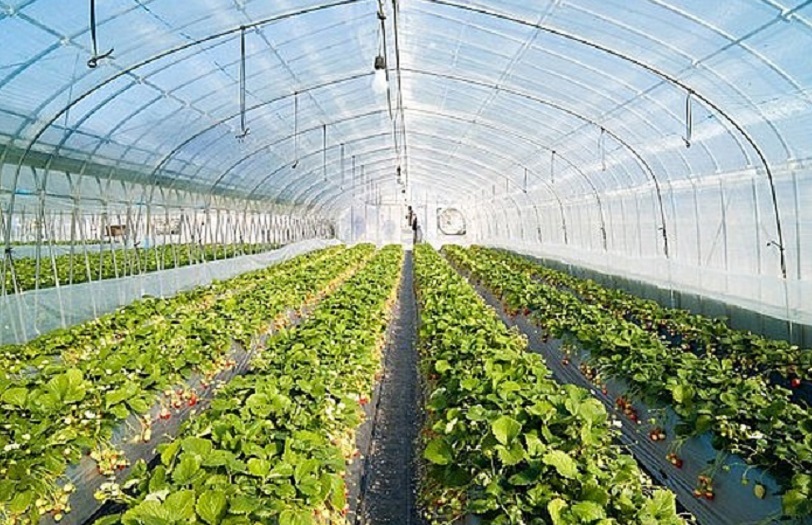
Importance of reverse osmosis systems for agriculture
The importance of water purity for agricultural use cannot be underestimated. Water is not only necessary to grow crops, but it is necessary to raise livestock for our meat products. There is a direct relationship between the amount of water used in the agricultural sector and the number of crops that are produced. Hence the importance of reverse osmosis systems for irrigation water treatment.
But it is not only quantity that matters but also crop efficiency, so the goal of improving productivity while reducing water use is an even greater challenge. Agriculture remains the largest consumption of our water resources, and the fact that water resources are dwindling is a problem that the world continues to ignore all too often. For this reason, our quest to create high-quality water treatment systems that will generate large amounts of freshwater from unsuitable locations, such as oceans, rivers, lakes, wells, etc., has made tremendous progress in relieving stress from many industries.
Why should resort to water treatment used in agriculture?
The largest use of freshwater is for irrigation. We obtain much of this water from groundwater, which has only a limited supply. Every year, groundwater is depleted or polluted, making freshwater sources for irrigation even more scarce. Farms all over the world are beginning to use alternative methods to conserve water and protect this precious natural resource. It is no secret that reverse osmosis water treatment systems are used in greenhouse farming or aquaculture. The vast majority of today’s professional growers have relied on these agricultural commercial water filters for the past several decades. We will list the benefits this technology provides to highlight its impact around the world.
Benefits explaining the importance of reverse osmosis systems for agricultural water
- Preserving the environment.
- Water production consistency.
- Conservation / Sustainability.
- Cheapest price for water use.
- Sustainability of water and sanitation.
- Disinfection and Hygiene.
- Tailored solutions.
- Clean water for workers.
- Clean drinking water for workers.
- Maintain irrigation equipment.
The importance of using reverse osmosis systems in irrigation
Irrigation depends more on groundwater, which is a scarce resource. Therefore, the trend spread to relying mainly on irrigation on the reuse of gray water, in addition to treated wastewater. Which is seen as an unsuitable source of drinking water, but is well suited for irrigation and agriculture once it has undergone a reverse osmosis system. Many farms have resorted to using these efficient methods only for their water, and have completely eliminated the use of aquifers.
Almost all naturally occurring water contains some form of pollutant from the surrounding rocks and soil that make up the Earth’s crust. Dried irrigation water and effluent sewage contribute to water quality. The Salinity level is usually the main concern in supplying irrigation water due to the debilitating effect of salt on soil and produce growth. However, there are also other pollutants such as boron that can be harmful to the irrigation industry due to their similar harmful effects. High amounts of boron cause toxic effects that damage soil and overall product yield. We can find these large amounts naturally in groundwater and seawater but can also be the result of polluted water.
The following systems complement the applications of hydroponics, commercial farmers, greenhouses, and the pharmaceutical industries. These systems also address issues of bacteria and viruses and reduce chloride, sulfate, sodium, nitrate, arsenic, and total dissolved solids.
Industrial/Commercial Reverse Osmosis System Features:
- Availability of the right capacity for your needs.
- It purifies water to result in the retention of 97% of dissolved solids.
- Removes 99% of contaminants.
- Reduces the hardness of the water.
- Reduces many chemicals such as nitrate, sulfate, sodium chloride, heavy metals.
- Saves energy.
Applications that may relate to this system are:
Agriculture, hydroponics, aquaculture, greenhouses, and drinking water for livestock.
Reverse osmosis systems in Carewater
Carewater has implemented several reverse osmosis systems to partner with its success. We are proud of the availability of a distinguished team of experts. Providing after-sales services. We also offer a wide range of water treatment solutions in pursuit of maximum benefit. Where we also provide the German Magnolith device that improves the properties of water. You can learn about the benefits of magnetizing irrigation water from here.
























